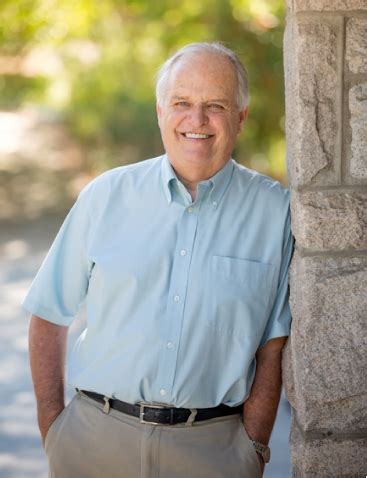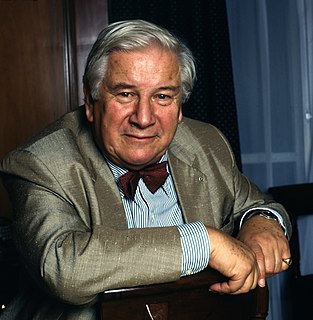A Quote by Paul Tillich
Forgiving presupposes remembering. And it creates a forgetting not in the natural way we forget yesterday's weather, but in the way of the great "in spite of" that says: I forget although I remember. Without this kind of forgetting no human relationship can endure healthily. I don't refer to a solemn act of asking for and offering forgiveness. Such rituals as sometimes occur between parents and children, or friends, or man and wife, are often acts of moral arrogance on the one part and enforced humiliation on the other. But I speak of the lasting willingness to accept him who has hurt us.
Quote Topics
Accept
Act
Acts
Although
Arrogance
Asking
Between
Children
Creates
Endure
Enforced
Forget
Forgetting
Forgiveness
Forgiving
Friends
Great
Him
Human
Human Relations
Humiliation
Hurt
Kind
Lasting
Man
Moral
Natural
Occur
Offering
Often
Other
Parents
Part
Refer
Relationship
Remember
Remembering
Rituals
Says
Solemn
Sometimes
Speak
Spite
Us
Way
Weather
Wife
Willingness
Without
Yesterday
Related Quotes
Once we have forgiven, however, we get a new freedom to forget. This time forgetting is a sign of health; it is not a trick to avoid spiritual surgery. We can forget because we have been healed. But even if it is easier to forget after we forgive, we should not make forgetting a test of our forgiving. The test of forgiving lies with healing the lingering pain of the past, not with forgetting the past has ever happened.
When we forgive someone, we do not forget the hurtful act, as if forgetting came along with the forgiveness package, the way strings come with a violin. Begin with the basics. If you forget, you will not forgive at all. You can never forgive people for things you have forgotten about. You need to forgive precisely because you have not forgotten what someone did; your memory keeps the pain alive long after the hurt has stopped. Remembering is the storage of pain. It is why you need to be healed in the first place.
What made losing someone you loved bearable was not remembering but forgetting. Forgetting small things first... it's amazing how much you could forget, and everything you forgot made that person less alive inside you until you could finally endure it. After more time passed you could let yourself remember, even want to remember. But even then what you felt those first days could return and remind you the grief was still there, like old barbed wire embedded in a tree's heartwood.
in time of daffodils(who know the goal of living is to grow) forgetting why,remember how in time of lilacs who proclaim the aim of waking is to dream, remember so(forgetting seem) in time of roses(who amaze our now and here with paradise) forgetting if,remember yes in time of all sweet things beyond whatever mind may comprehend, remember seek(forgetting find) and in a mystery to be (when time from time shall set us free) forgetting me,remember me
Can you stop your memory on a dime, put it in reverse, and spin it in another direction the way you can reverse direction on a tape recorder? We cannot forget on command. So we just have to let the forgetting happen as it will; we shouldn't rush it, and we certainly should not doubt the genuineness of our forgiving if we happen to remember. The really important thing is that we have the power to forgive what we still do remember.
It can sometimes be a hearbreaking struggle for us to arrive at a place where we are no longer afraid of the child inside us. We often fear that people won't take us seriously, or that they won't think us qualified enough. For the sake of being accepted, we can forget our source and put on one of the rigid masks of professionalism or conformity that society is continually offering us. The childlike part of us is the part that, like the Fool, simply does and says, without needing to qualify himself or strut his credentials.
We hurt each other, is the point. Hurt, annoy, embarrass, but move on. People, it just doesn't work that way. Your own feelings get so complicated that you forget the ways another human being can be vulnerable. You spend a lot of energy protecting yourself. All those layers and motivations and feelings. You get hurt, you stay hurt sometimes. The hurt affects your ability to go forward. And words. All the words between us. Words can be permanent. Certain ones are impossible to forgive.





































